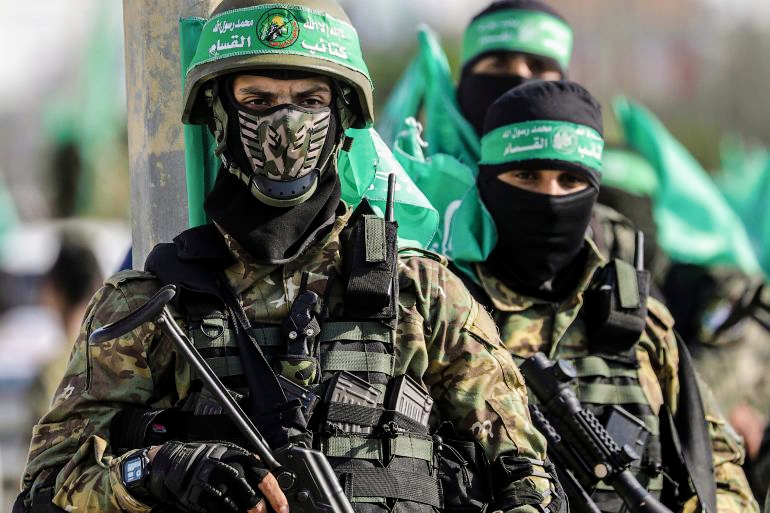Hamas announced yesterday evening, Friday, that it has submitted its response to U.S. President Donald Trump's plan to end the war in Gaza to the mediators, Egypt and Qatar, in a move that reflects a cautious position combining partial acceptance and a desire to negotiate.
This came after Trump gave Hamas until Sunday evening as a final deadline to accept what he described as a "last chance agreement," threatening that if the movement did not respond, it would face "a hell like no one has ever seen before."
Trump's threats came via a post on the "Truth Social" platform, where he emphasized the necessity of reaching a comprehensive agreement before the deadline.
In its response, Hamas confirmed that it had conducted in-depth consultations with its leadership and Palestinian factions, in addition to consulting with mediators and friends, which led to its approval of some terms of the plan, while requesting further negotiation on other terms.
The movement highlighted its appreciation for Arab and international efforts, including Trump's calls to stop the war, exchange prisoners, and reject the occupation and the displacement of Palestinians from Gaza.
Hamas also announced its readiness to release all Israeli prisoners, alive and deceased, according to the proposed exchange formula, confirming its readiness to begin immediate negotiations through mediators.
In a notable step, the movement announced its agreement to hand over the administration of Gaza to an independent Palestinian authority (technocrats) based on Palestinian national consensus and Arab and Islamic support.
Hamas emphasized that the issues of Gaza's future and the rights of Palestinians must be discussed within a comprehensive national framework in which the movement participates responsibly, while adhering to relevant international laws and resolutions.
These developments come amid increasing international and Arab pressure on Hamas to accept Trump's plan, which includes an immediate ceasefire, prisoner exchange, phased Israeli withdrawal from Gaza, disarmament of Hamas, and the formation of a transitional government under international supervision.
It is worth noting that the plan presented by the mediators Egypt and Qatar includes 20 points and has received Israeli approval from Prime Minister Benjamin Netanyahu after consultations in Washington, but it was initially rejected by Hamas, which did not participate in its formulation, especially the disarmament demand that the movement categorically rejects.
As the war approaches its second year, the gap between the two sides remains wide, amid a critical wait for Hamas's final response before the deadline next Sunday.

